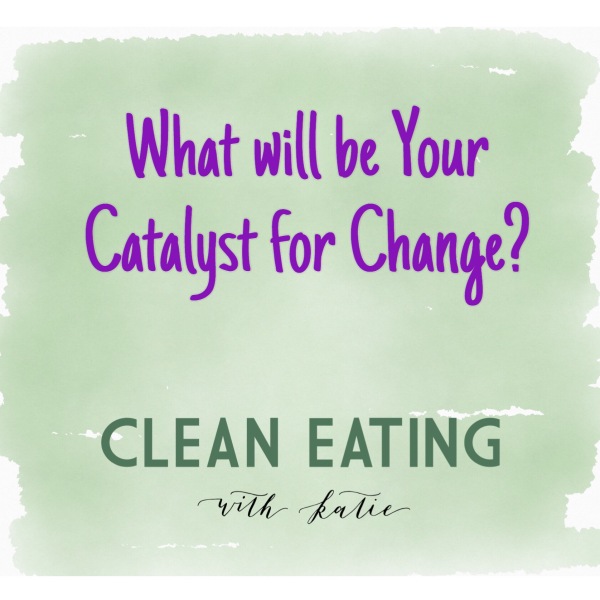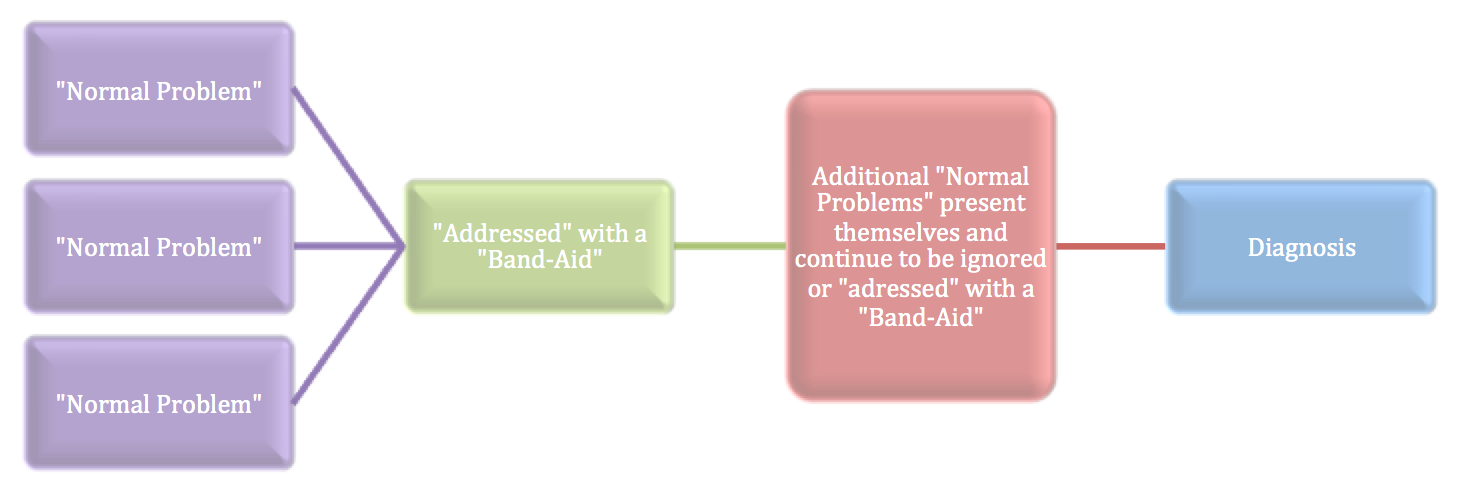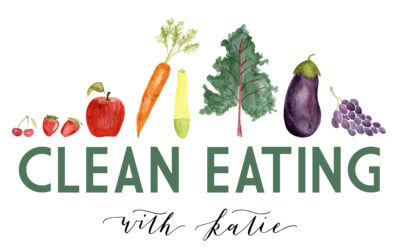Many of us want to make a change in our diet, lifestyle habits, or routines, but something holds us back. Maybe because it pushes us out of our comfort zone? Maybe because it takes work to change our habits? Maybe it is hard to fit in the budget? Whatever your barrier is, it is holding you back.
Health complications that typically develop later in life are a result of diet and lifestyle factors that have been accumulating over many years. Think of when a smoker develops lung cancer. When that person develops lung cancer, it’s highly likely that they wish they would have quit smoking earlier or never started smoking in the first place. I would venture to say that the same is true for most major health problems. Whether it is an Autoimmune condition, Cancer, Type II Diabetes, high blood pressure, Fibromyalgia, or even Leaky Gut, most people’s first reactions include wishing they had made different choices in the past. The problem with this approach to change is that it is reactionary. It’s filled with wouldas, couldas, and shouldas. It’s also filled with a lot of self-blame and self-hate.
There were three words that left me speechless and petrified. “Katie, I’m sorry to have to  tell you this, but it’s cancer.” In the days, weeks, and months following my diagnosis, I asked myself what I could have, should have, and would have done differently. The list was endless: I would have been very strict about my monthly self-exams, I wouldn’t have taken the HRT (hormone replacement therapy) to help combat my cycle-driven migraines, I would have pushed my doctors to get that mammogram at age 30 that I had told myself I would get because I have a strong family history of breast cancer, I would not have taken countless rounds of antibiotics for acne as well as for sinus infections, I would have found ways to manage my stress levels more appropriately, and I would not have taken bottles and bottles of NSAIDs to deal with my headaches. I could go on, but I’ll spare you. (I’m definitely not encouraging people to blame themselves, but to wonder what we could have done differently is only natural.)
tell you this, but it’s cancer.” In the days, weeks, and months following my diagnosis, I asked myself what I could have, should have, and would have done differently. The list was endless: I would have been very strict about my monthly self-exams, I wouldn’t have taken the HRT (hormone replacement therapy) to help combat my cycle-driven migraines, I would have pushed my doctors to get that mammogram at age 30 that I had told myself I would get because I have a strong family history of breast cancer, I would not have taken countless rounds of antibiotics for acne as well as for sinus infections, I would have found ways to manage my stress levels more appropriately, and I would not have taken bottles and bottles of NSAIDs to deal with my headaches. I could go on, but I’ll spare you. (I’m definitely not encouraging people to blame themselves, but to wonder what we could have done differently is only natural.)
The problem with this reactionary approach is that while we can make changes going forward, often times, the damage has been done. However, the bigger problem to this approach is that there are usually warning signs that something is “off” and we ignore those signs. Acid reflux/ heartburn, also called GERD (Gastroesophageal reflux disease) is common and is therefore thought of as “normal”. It is not normal. It is a sign of a bigger issue. Most people just pop a few antacids (a Band-Aid) and continue on with their lives, never stopping to get to the root of the problem. It starts to become “your new normal” and then just normal. And since so many people have it, the root cause is rarely questioned. The same could be said for headaches, stomach-aches (actually, they usually are pains in the small intestine or large intestine, so the term gutache would be more accurate), skin rashes, acne, and other so-called normal problems. These are warming signs that our diets and lifestyles need an overhaul.
Allow me to digress. While reading, The Third Plate: Field Notes on the Future of Food by Dan Barber I came across the section about sustainable organic farming practices. The farmer that Barber interviews discusses his approach to weed management. Soil is living and filled with microorganisms. Good farming practices ensure the health and fertility of the soil. Soil is also full of micronutrients, when it has the appropriate micronutrient levels, there are no weeds. However, when there are micronutrients missing, weeds begin to appear. Each weed indicates a specific deficiency and when that deficiency is addressed, that type of weed disappears. The overarching idea is that these weeds are indicators of larger systemic problem that can be addressed by adding back the missing micronutrients. Now I realize we aren’t the soil, but let me continue to digress just a bit more. If you extrapolate that idea to humans, it might play out like this: minor health problems (the weeds) are a sign of a systemic problem (nutrient deficiency, lifestyle factors, environmental factors, gut issues, etc.), so to address the minor health problems you need to address the systemic problem and circumvent any larger health problems down the road (a garden overtaken by weeds). Thanks for allowing me to digress. Now back to your regularly scheduled programming.

You can stop this cycle. You don’t have to have a frightening diagnosis. You can return to health. I bet you have even identified the “normal problem” that you’ve been mostly ignoring.
Start with that nagging problem. Start a journal to find patterns and trends. See if you can tie your headaches/heartburn/breakout/etc. to a food, habit, or environmental factor (like cleaners and body products). A basic daily journal would include the following:
Breakfast – foods and liquids: _________________________
Snack – foods and liquids: ____________________________
Lunch – foods and liquids: ____________________________
Dinner – foods and liquids: ___________________________
Additional liquids: _________________________________
Supplements (dose and time):_________________________
Medication(dose and time):___________________________
Exercise: _________________________________________
Sleep: ___________________________________________
Relaxation: _______________________________________
Mood/Emotions: ___________________________________
Nagging Problem? Time? Duration? ______________________
After a 3-4 weeks, it’s likely that you’ll see a trend, which can then lead you to a hypothesis. With the hypothesis, you can then seek additional help from Dr. Google, books, your doctor, a chiropractor, a physical therapist, a Nutrition Consultant (ME!), or a naturopath. By choosing to gain control of the nagging issue, you can remove yourself from the path to the bigger and scarier health concern that was down the road.
Obviously I cannot guarantee that because you have a minor common health problem that you are going to get a larger, scarier health concern. No one knows that. But what I can say is that even the minor health concern is negatively impacting your life. Why not make a change and a commitment to feel the best that you possibly can?
What will be your catalyst for change? What are you waiting for? Will you wait for things to get worse? Or will you heed the warning signs that your body is giving you?
Hugs & Health <3,
Katie
References:
Barber, D. (2015). The Third Plate: Field Notes from the Future of Food. New York, NY: Penguin Books.


One Reply to “What will be Your Catalyst for Change?”
Comments are closed.